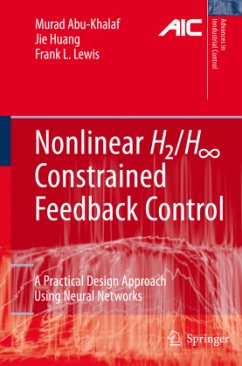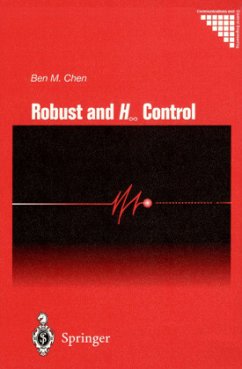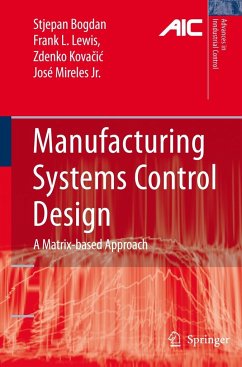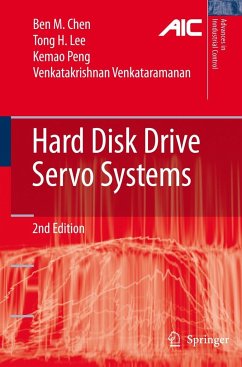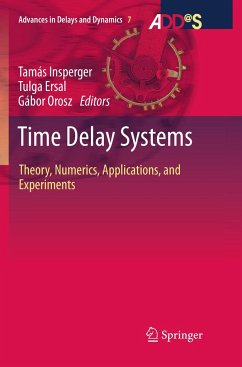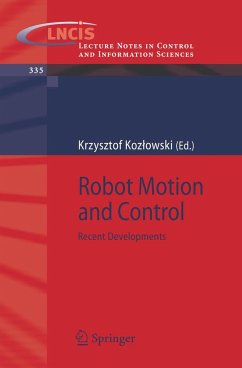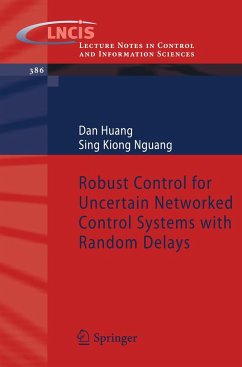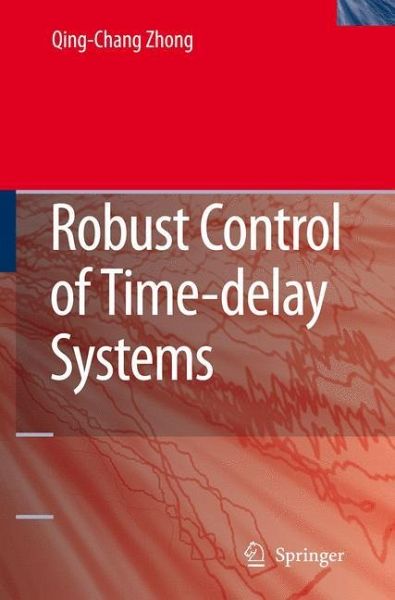
Robust Control of Time-delay Systems

PAYBACK Punkte
57 °P sammeln!
Recently, there have been significant developments in robust control of time-delay systems. This volume presents a systematic treatment of robust control for such systems in the frequency domain. The emphasis is on systems with a single input or output delay, although the delay-free part of the plant can be multi-input-multi-output, in which case the delays in different channels should be the same.The author covers the whole range of H-infinity control of time-delay systems: from controller parameterization implementation; from the Nehari problem to the four-block problem; from theoretical dev...
Recently, there have been significant developments in robust control of time-delay systems. This volume presents a systematic treatment of robust control for such systems in the frequency domain. The emphasis is on systems with a single input or output delay, although the delay-free part of the plant can be multi-input-multi-output, in which case the delays in different channels should be the same.
The author covers the whole range of H-infinity control of time-delay systems: from controller parameterization implementation; from the Nehari problem to the four-block problem; from theoretical developments to practical issues. The major tools used are similarity transformation, the chain-scattering approach and J-spectral factorization.
Self-contained, "Robust Control of Time-delay Systems" will interest control theorists and mathematicians working with time-delay systems. Its methodical approach will be of value to graduates studying general robust control theoryor its applications in time-delay systems.
The author covers the whole range of H-infinity control of time-delay systems: from controller parameterization implementation; from the Nehari problem to the four-block problem; from theoretical developments to practical issues. The major tools used are similarity transformation, the chain-scattering approach and J-spectral factorization.
Self-contained, "Robust Control of Time-delay Systems" will interest control theorists and mathematicians working with time-delay systems. Its methodical approach will be of value to graduates studying general robust control theoryor its applications in time-delay systems.



